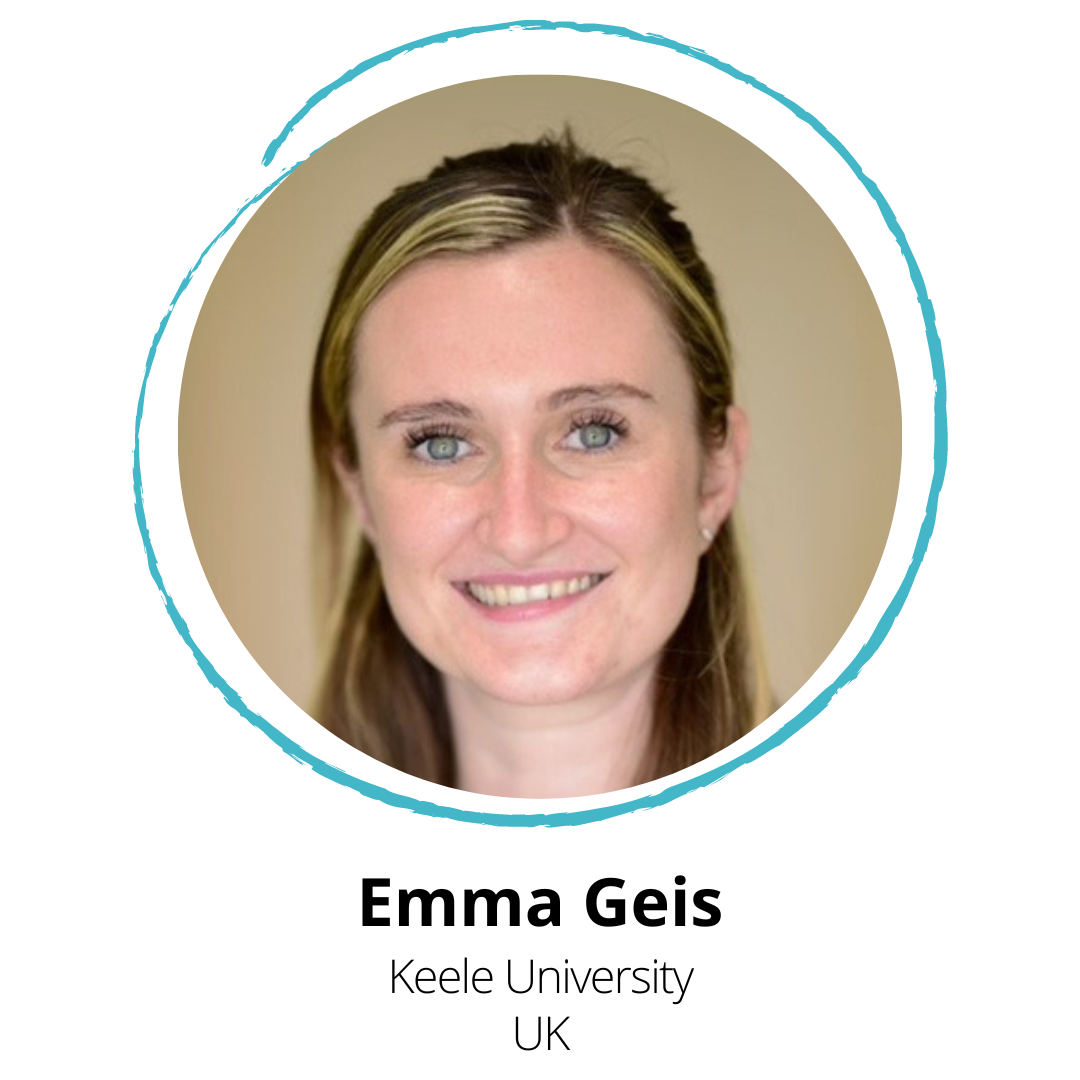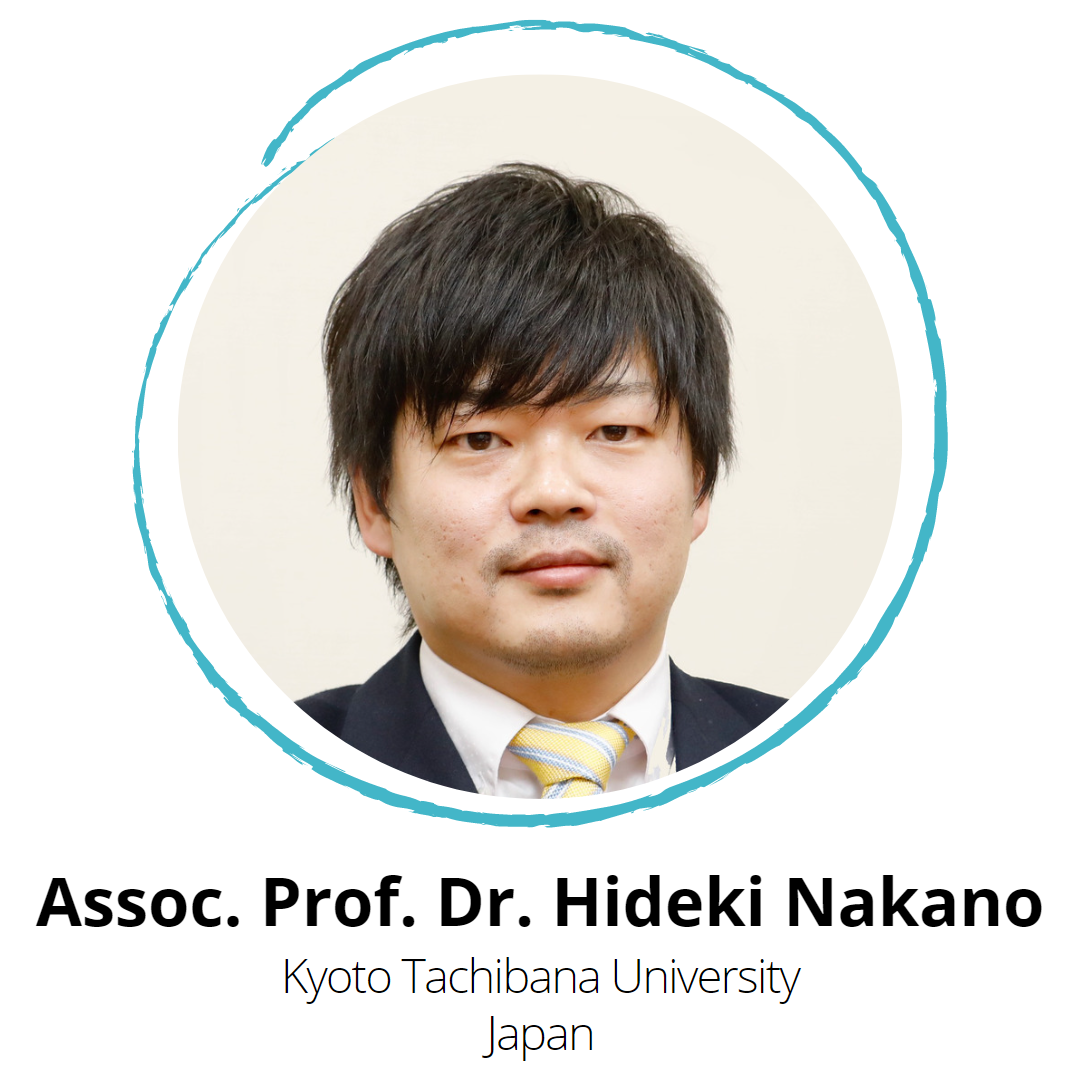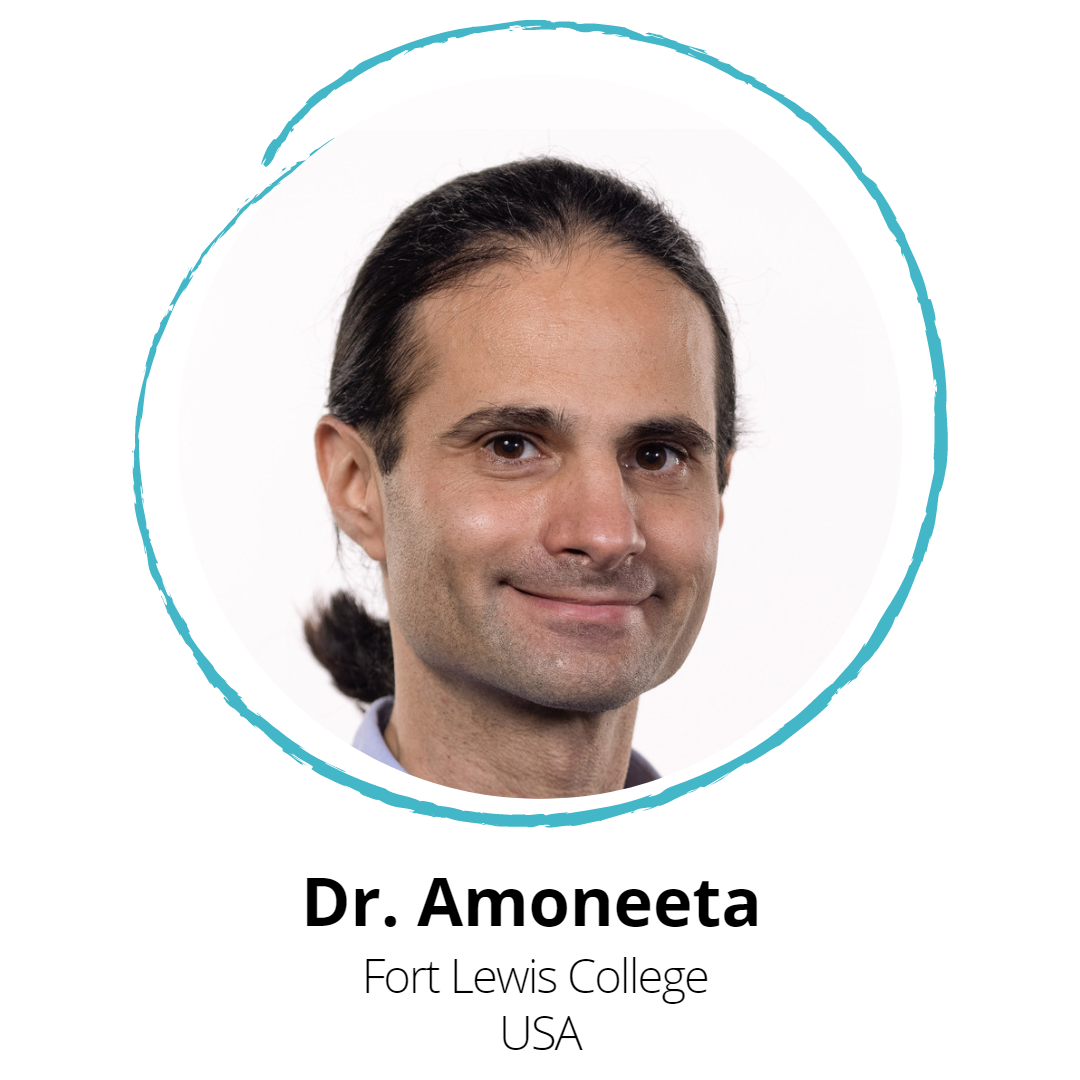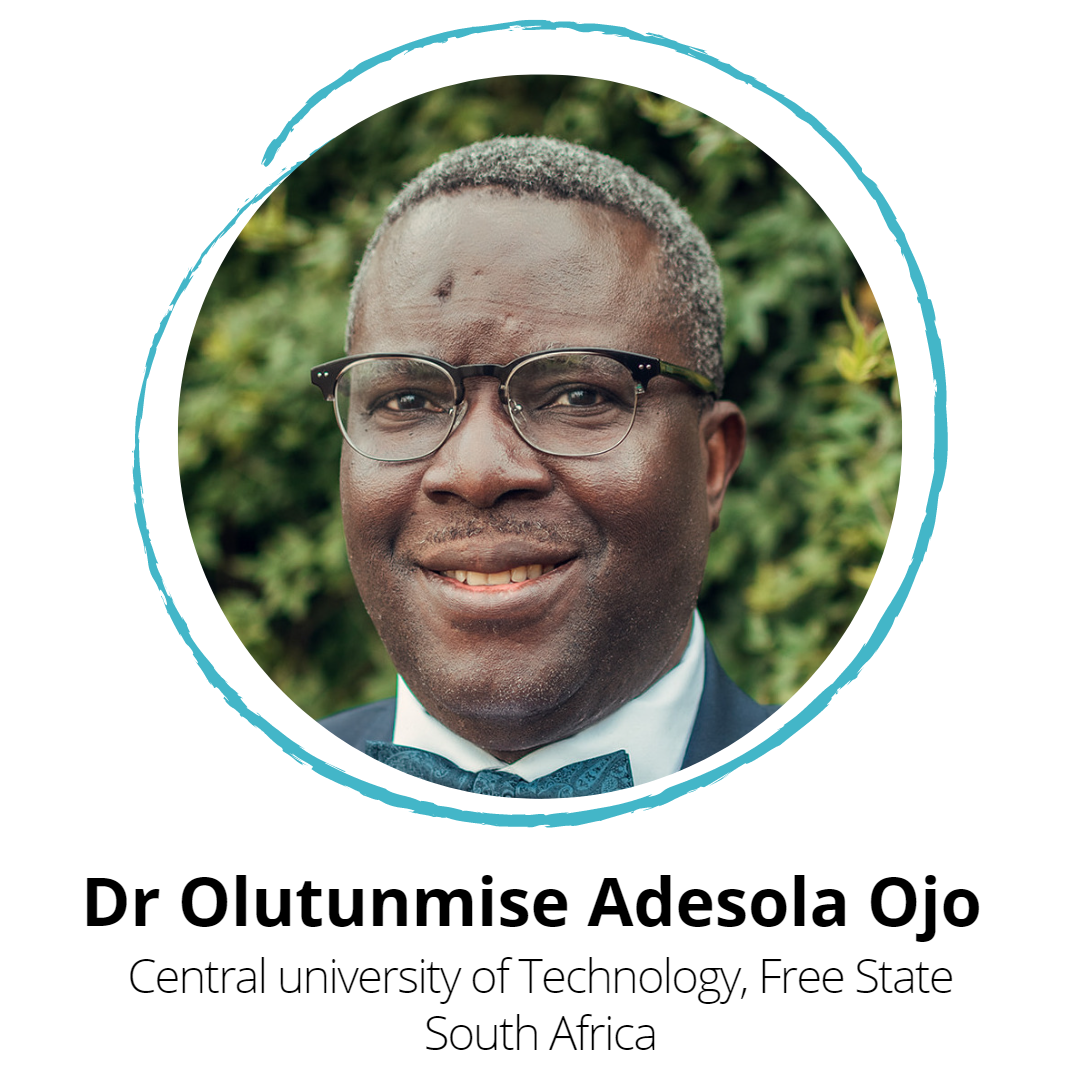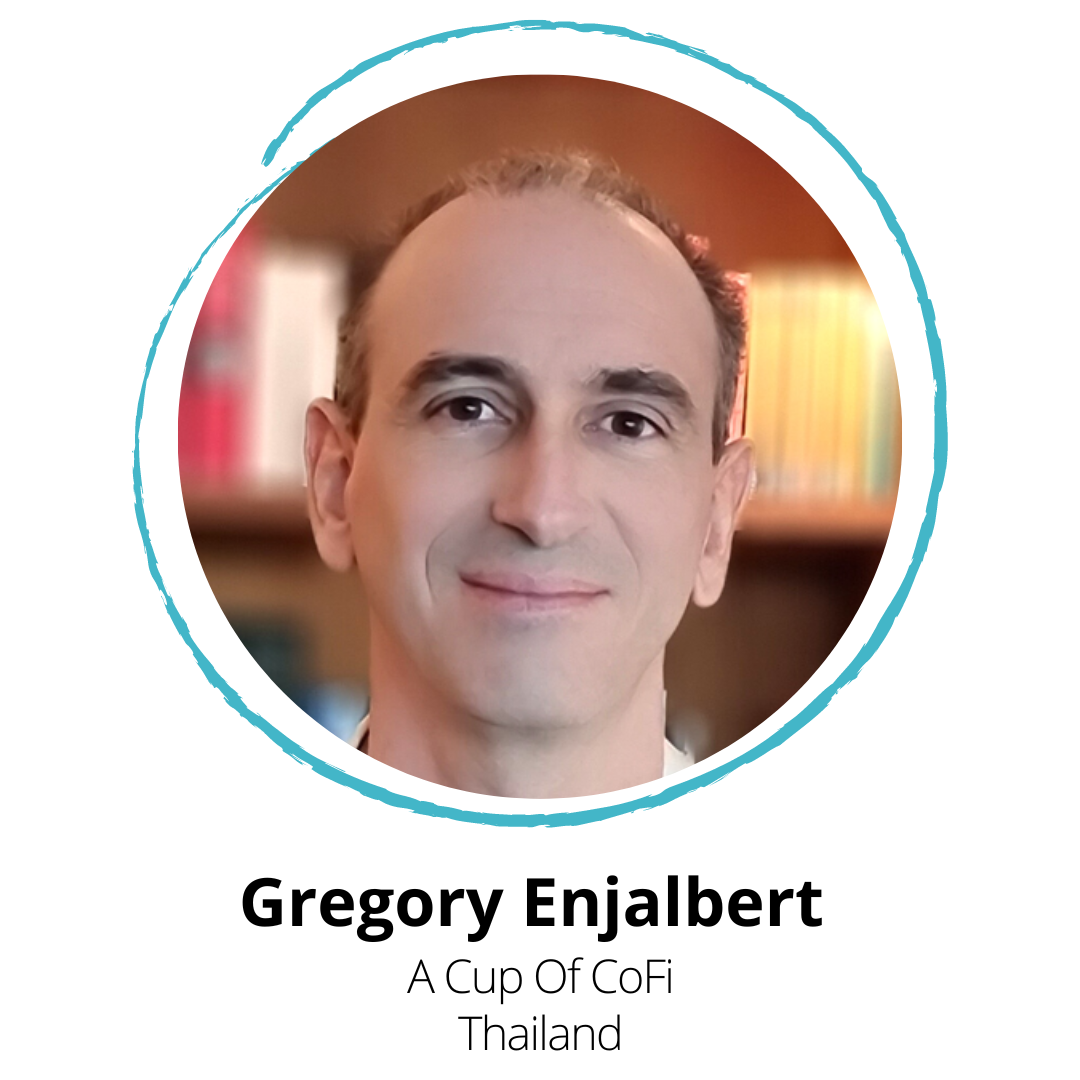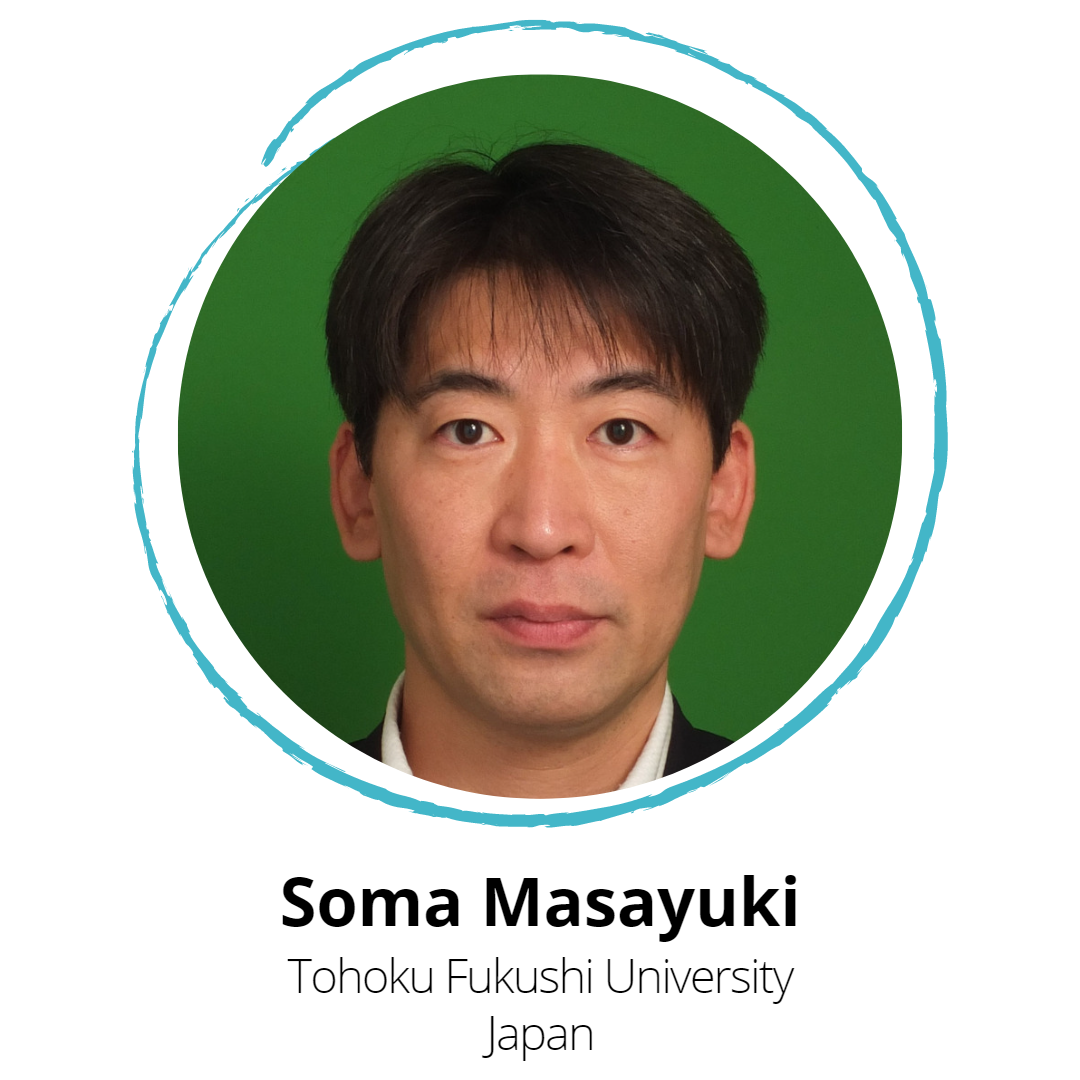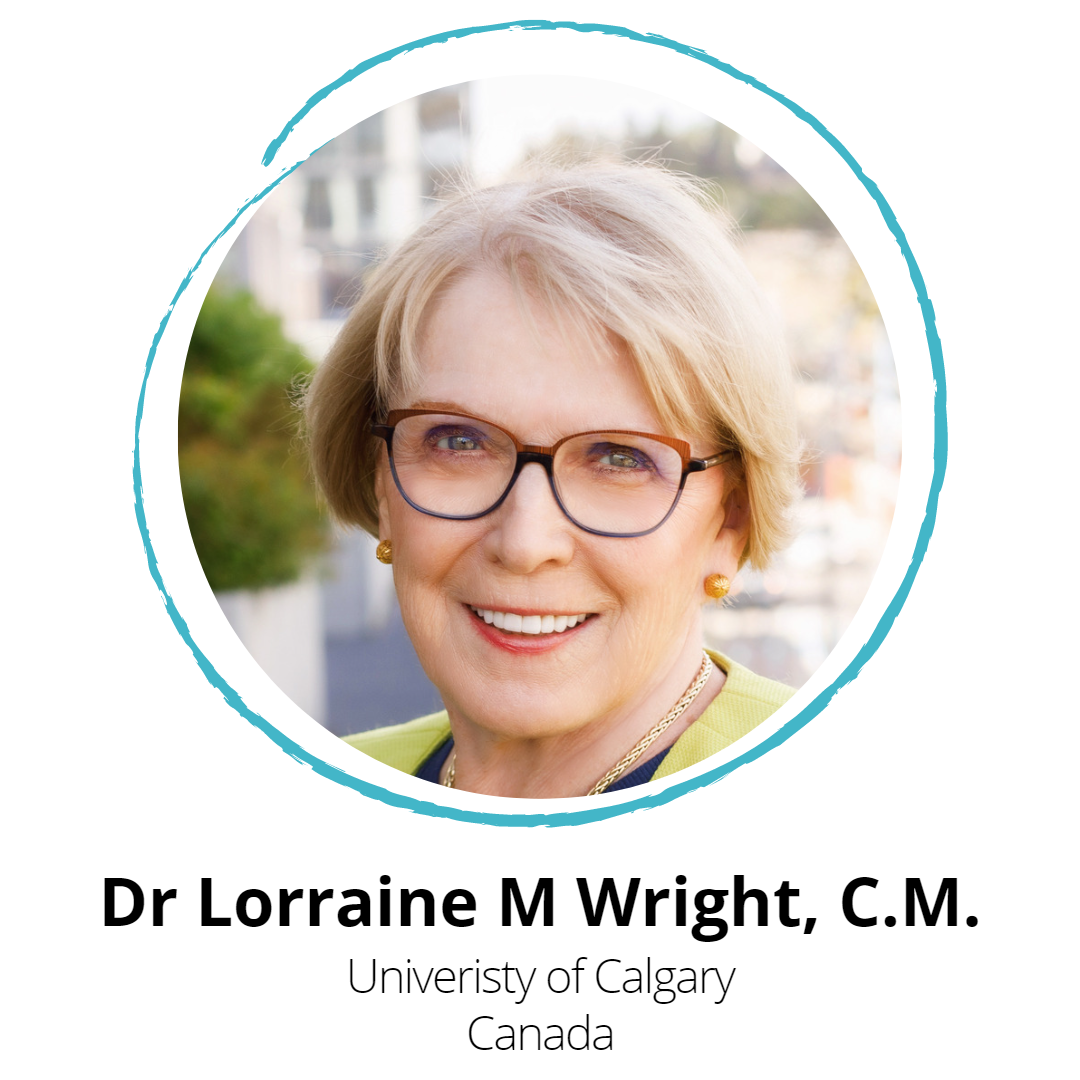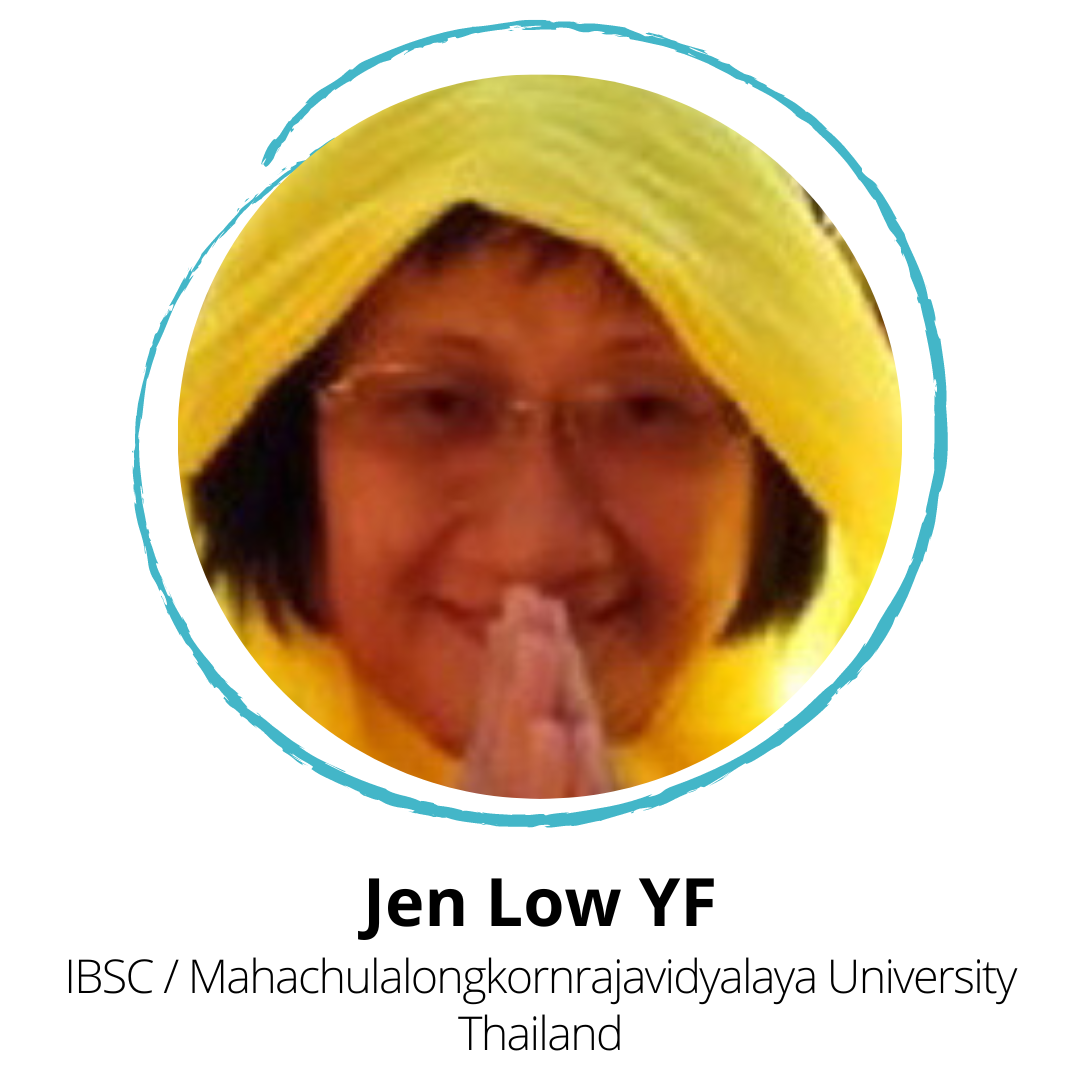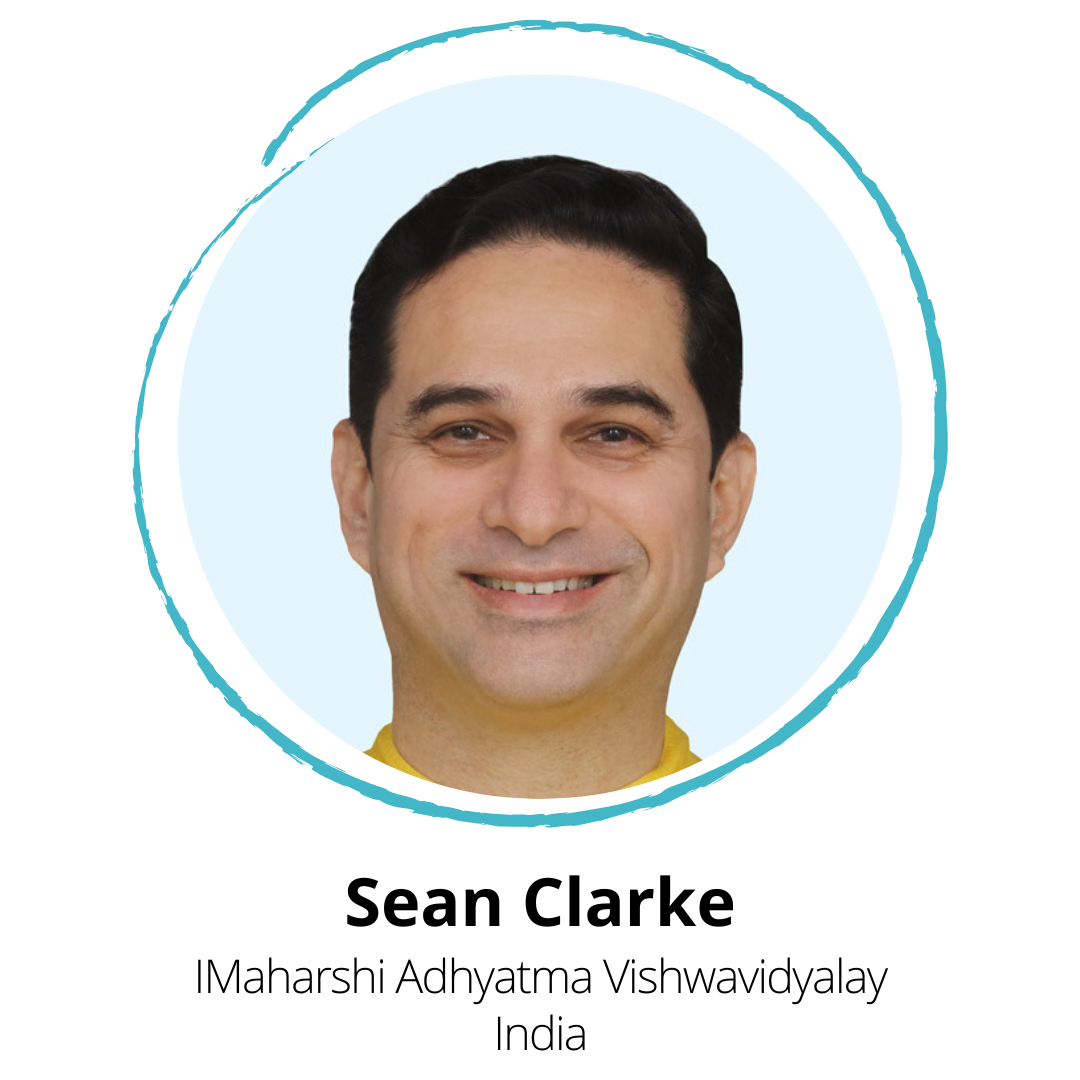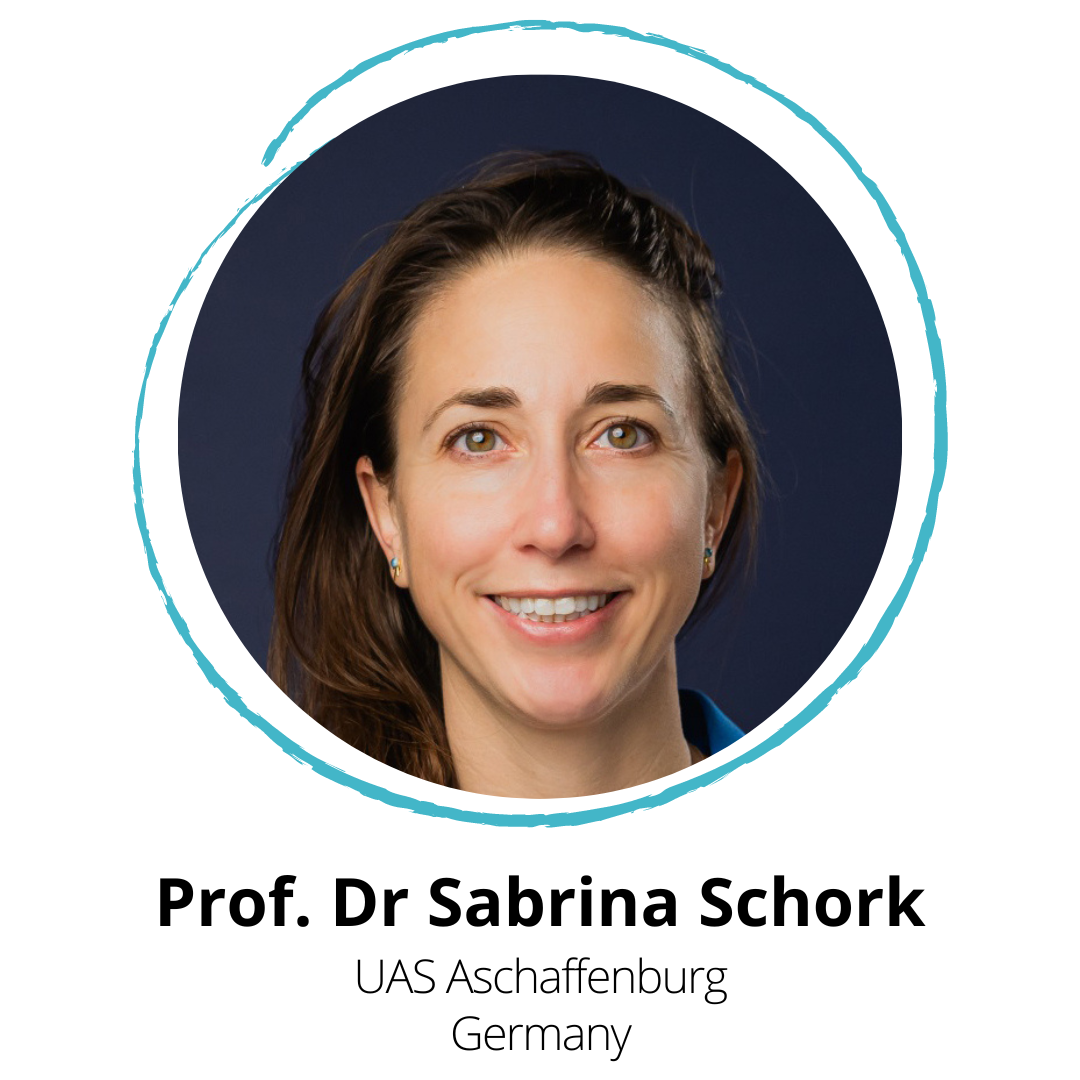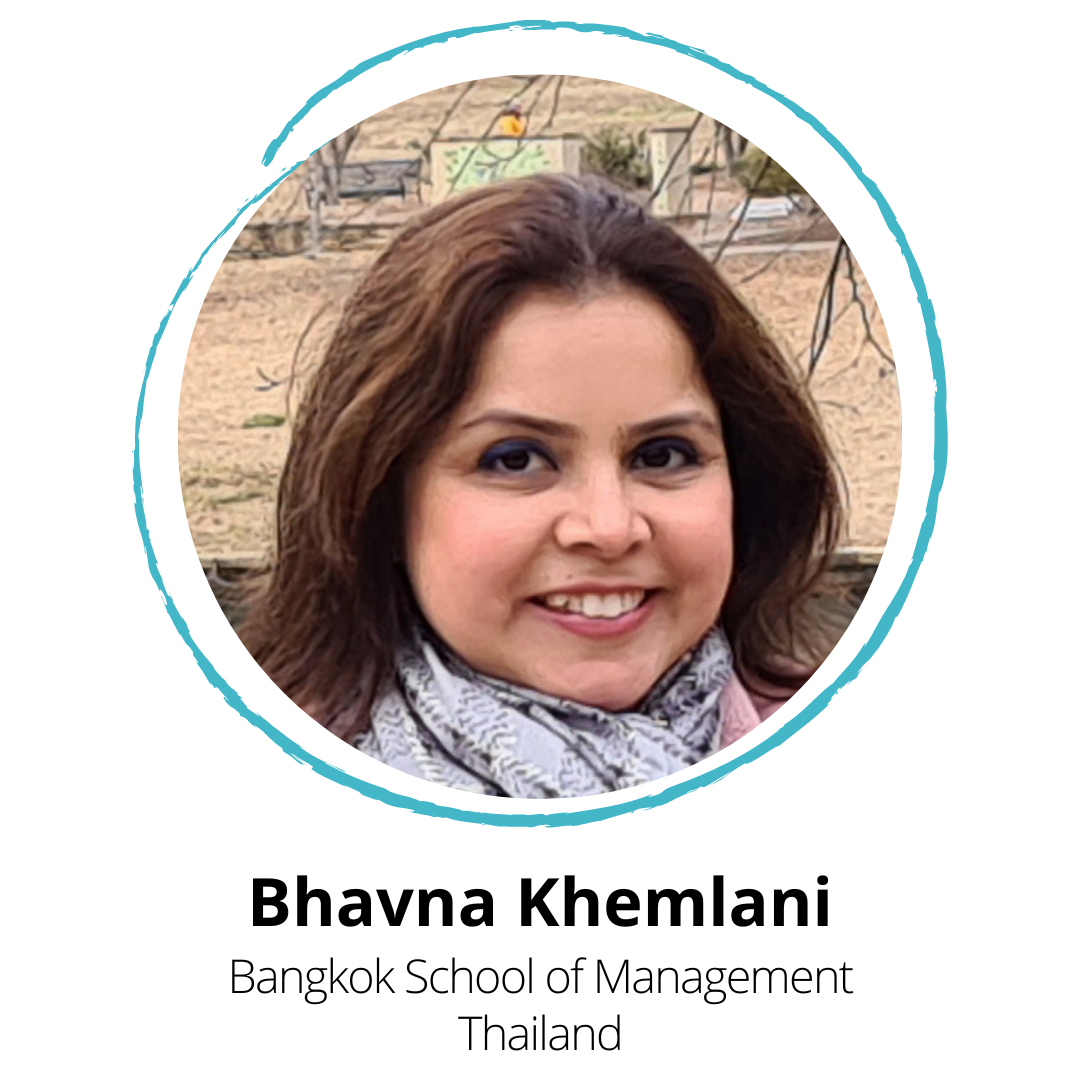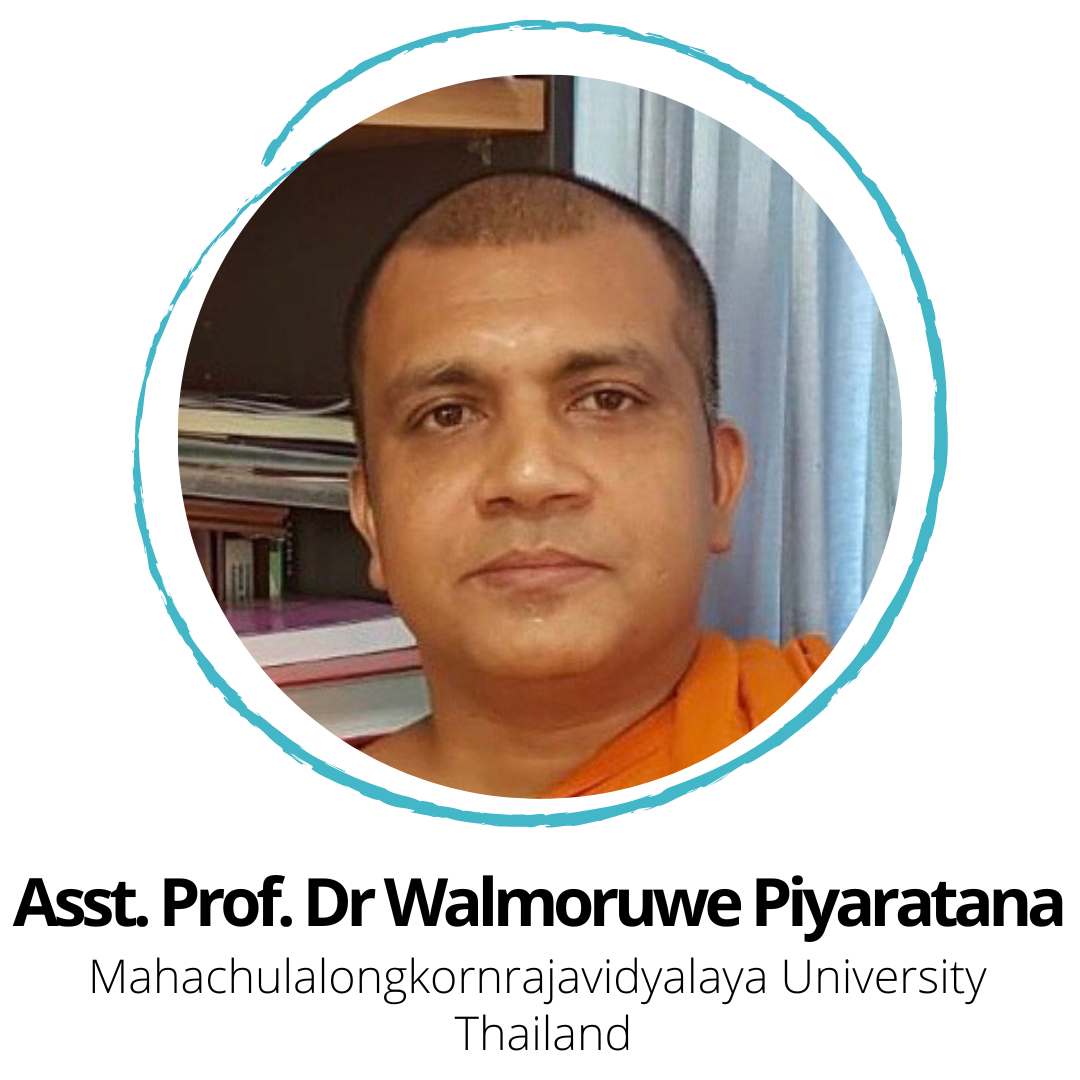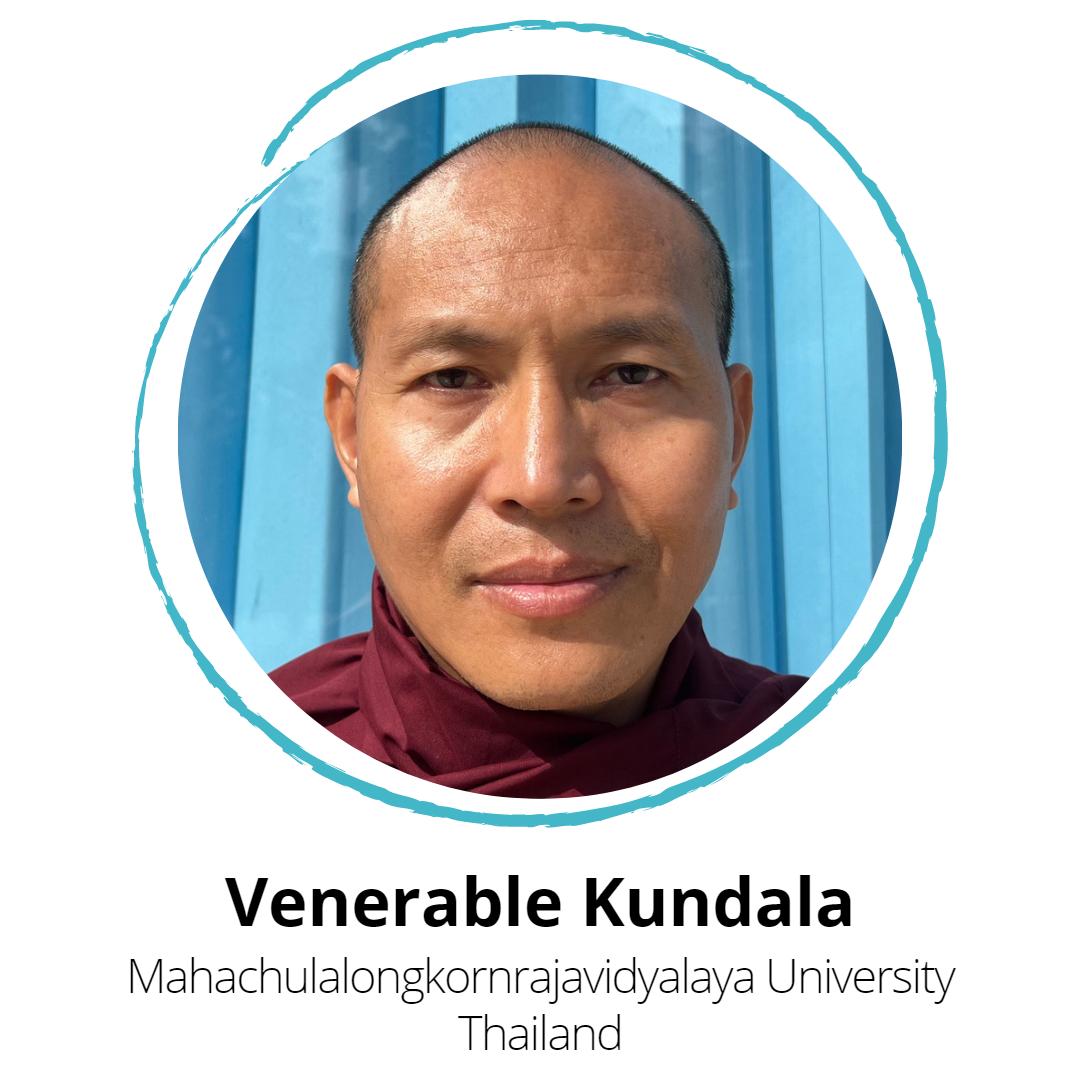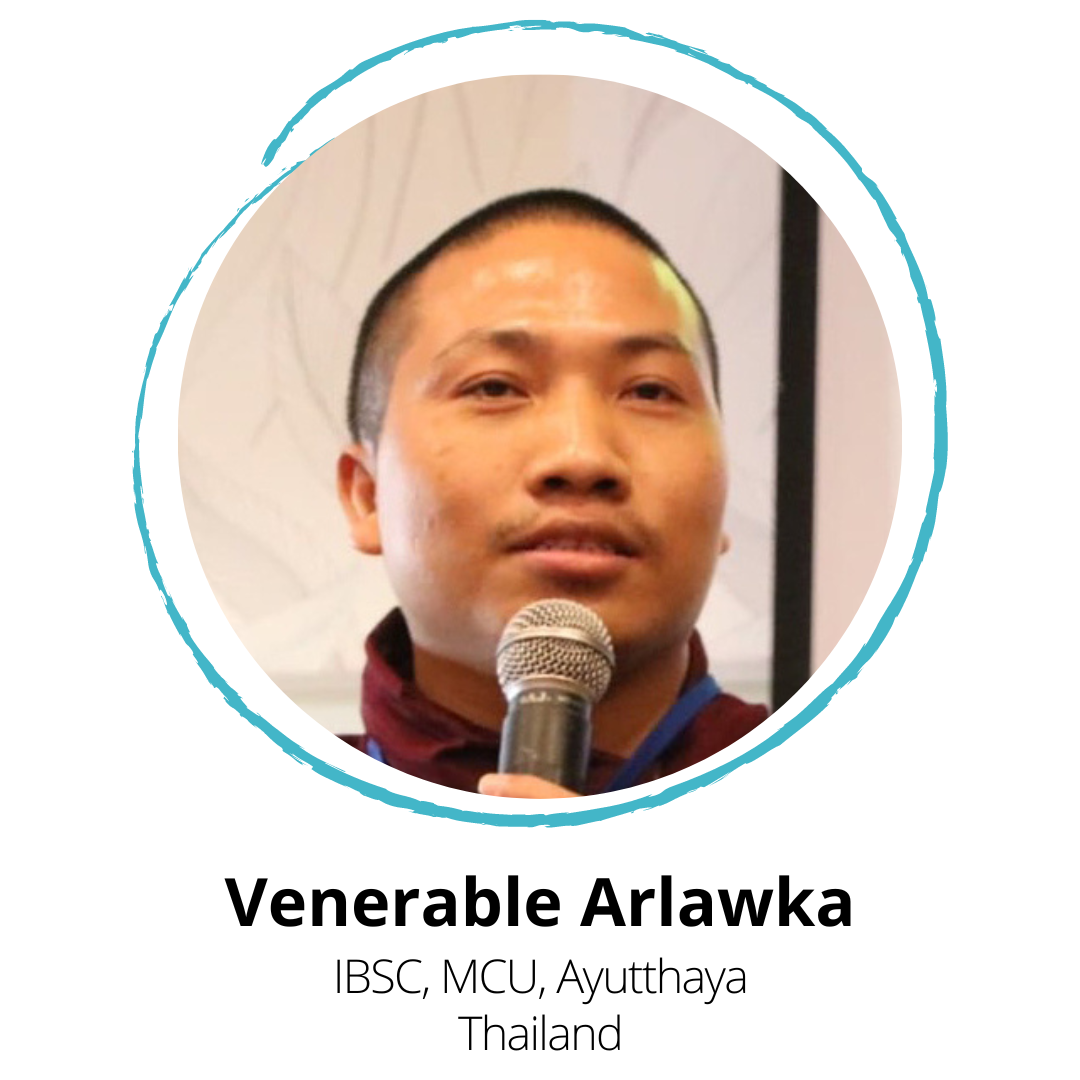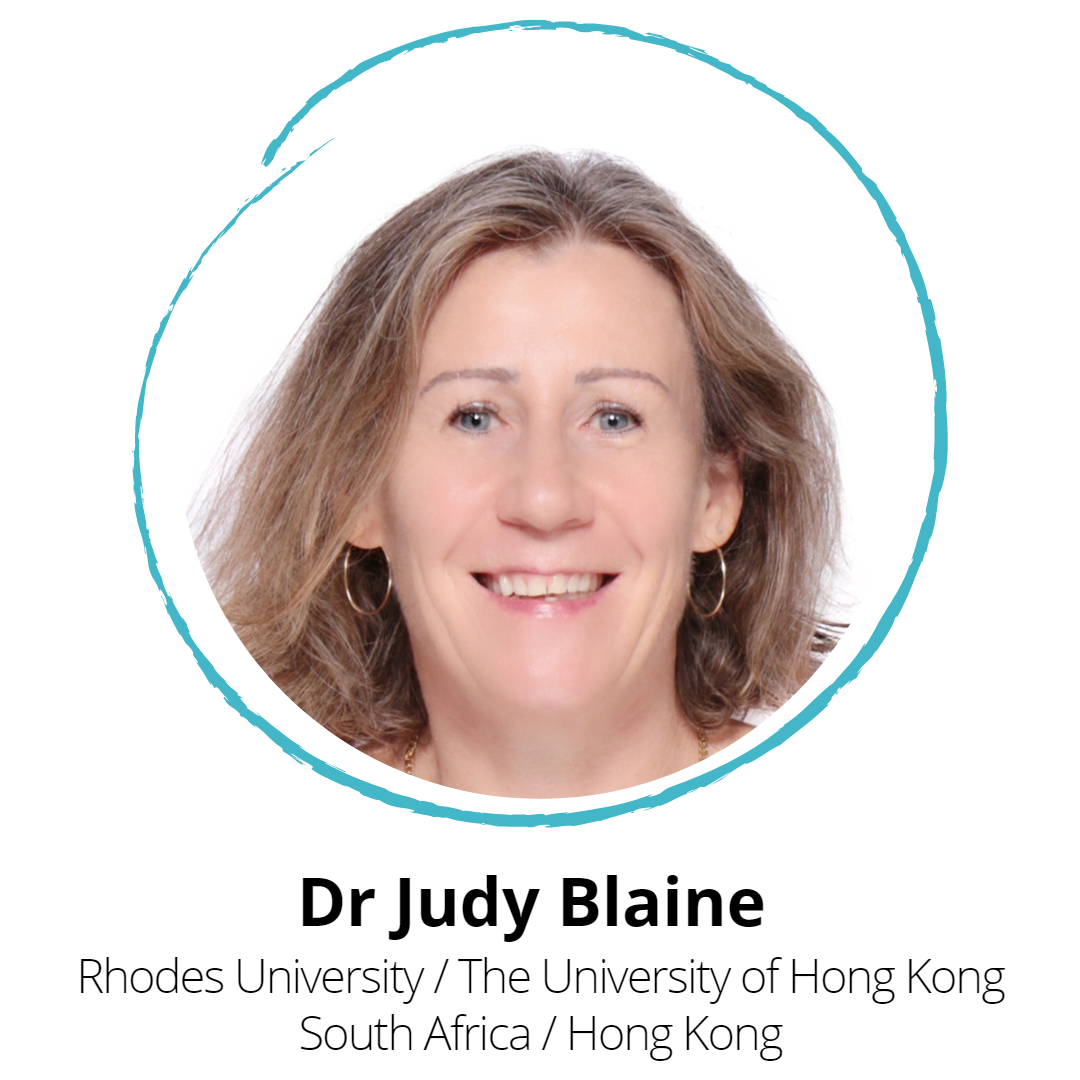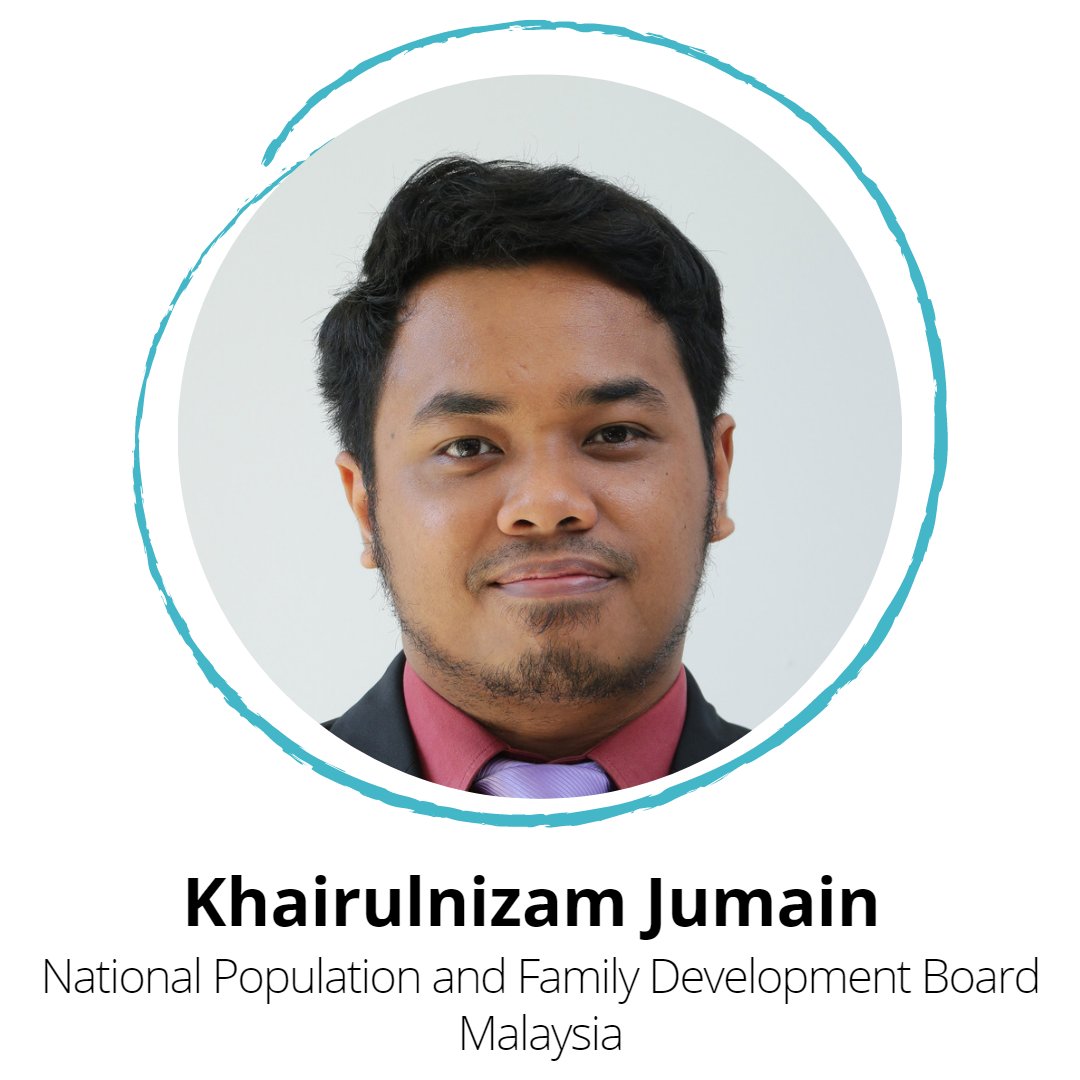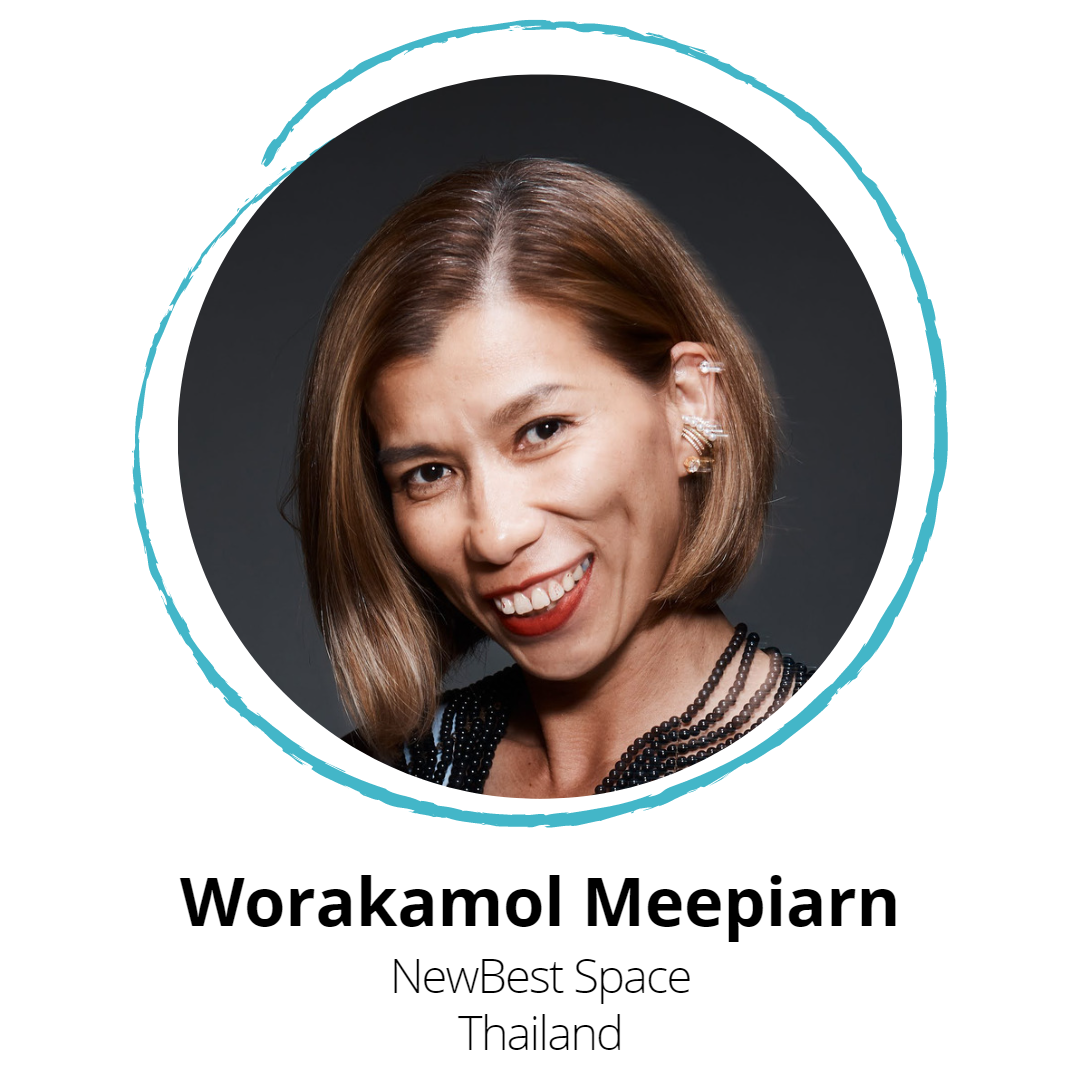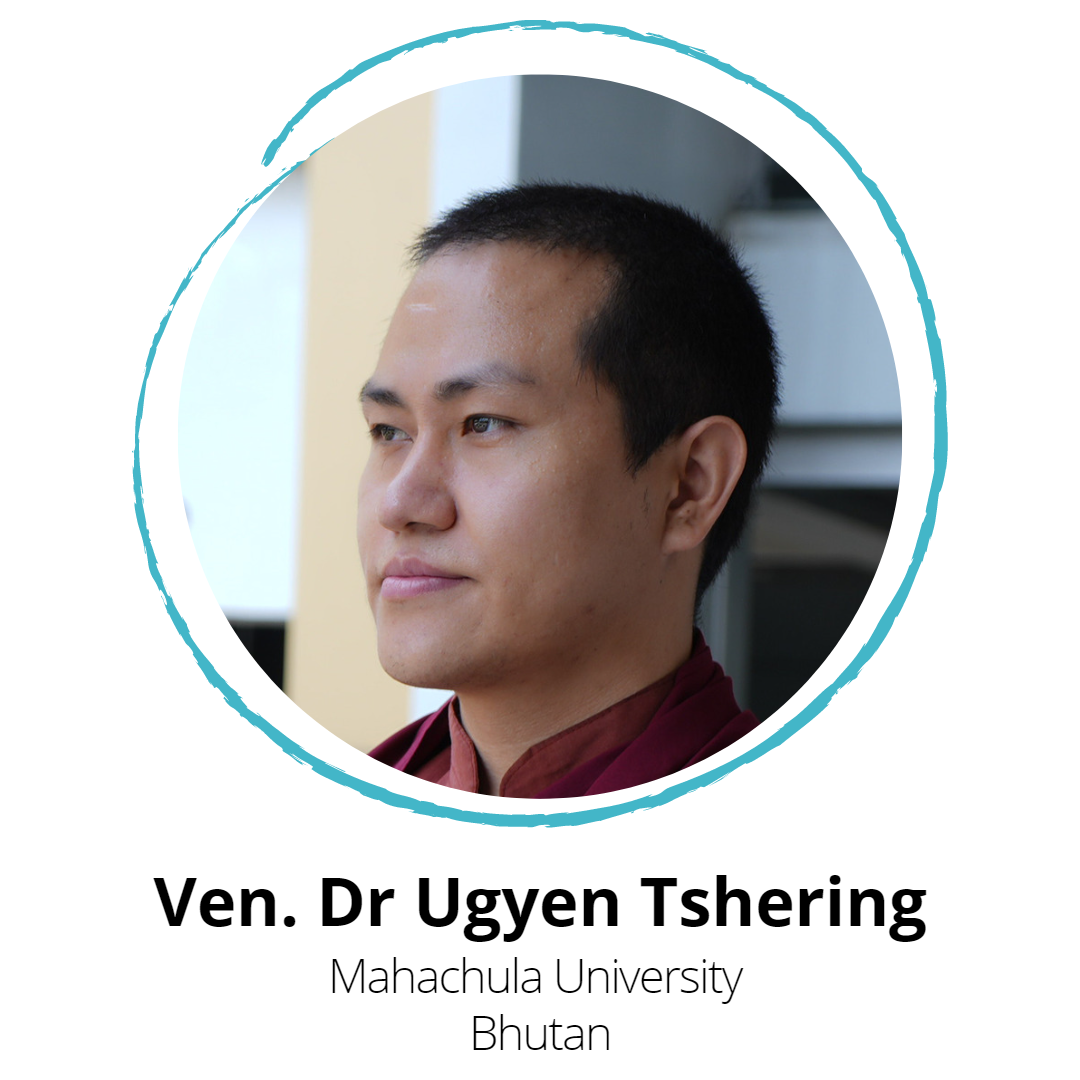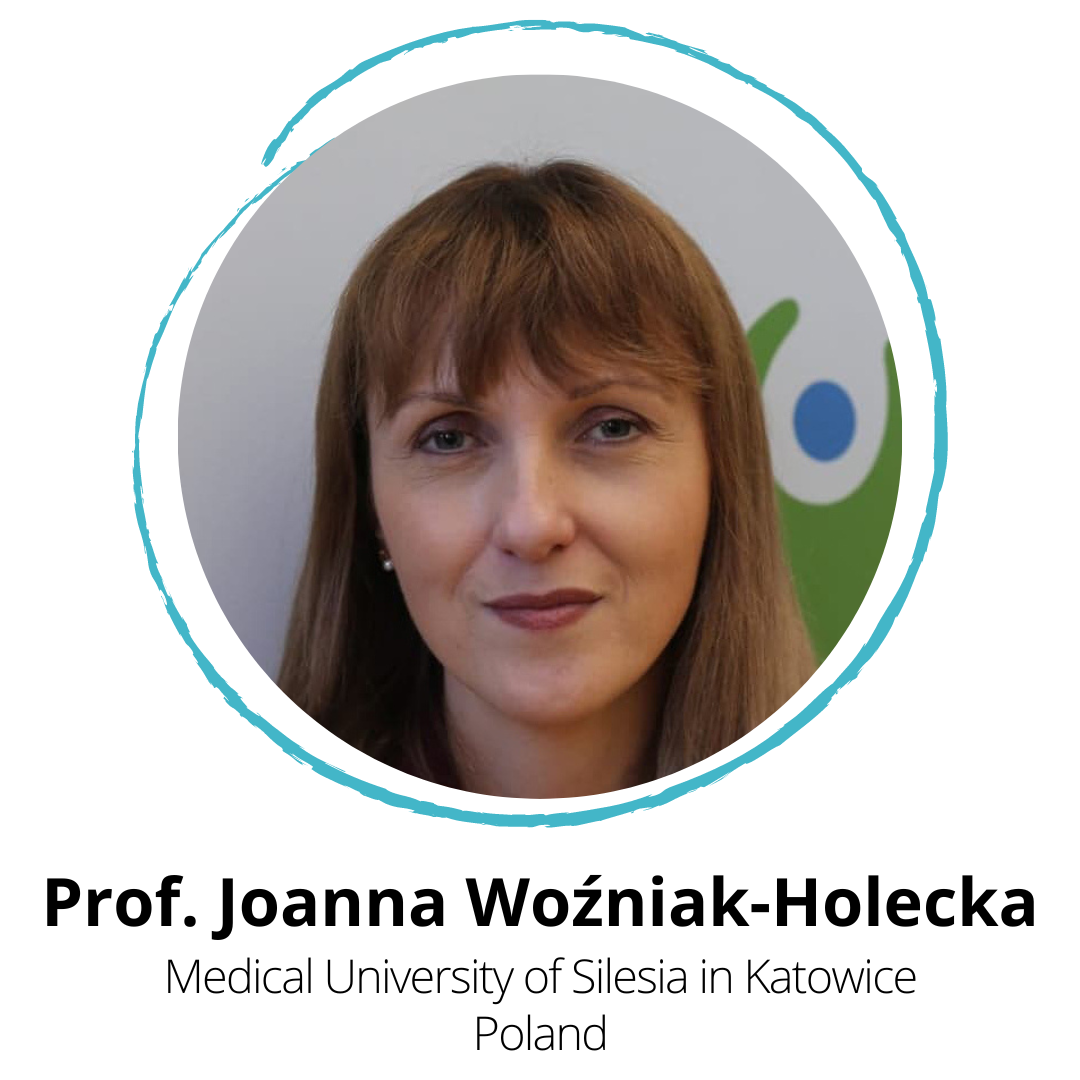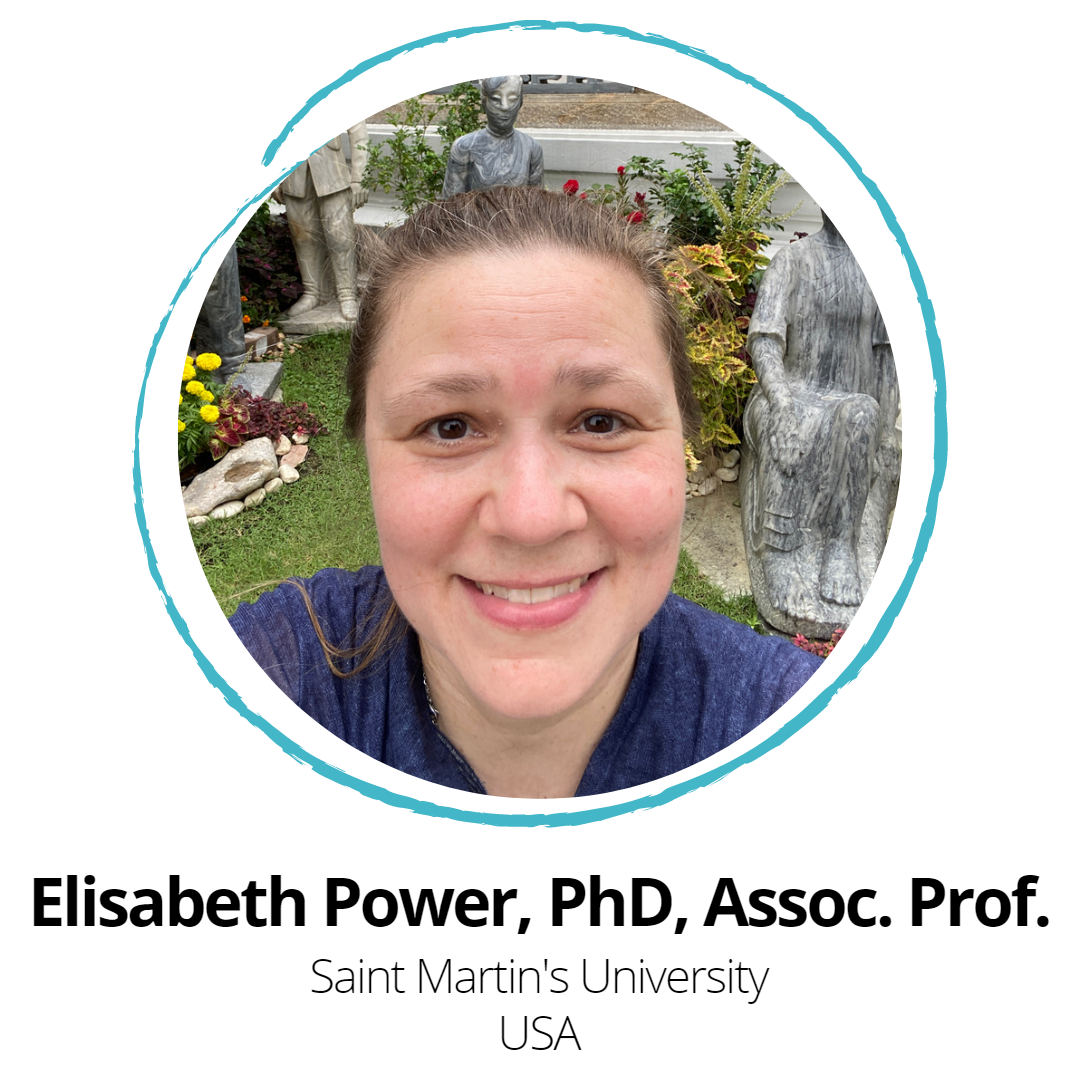1st International Conference on Happiness and Well-being [ICHW2023]
17th - 19th of March 2023, Bangkok, Thailand
Radisson Suites Bangkok Sukhumvit Hotel
Radisson Suites Bangkok Sukhumvit Hotel
SPEAKERS
Work, Relax and Play (WRAP) the extra-curricular wellbeing program
Commenced in January 2021, Staffordshire University’s Work, Relax and Play (WRAP) initiative is a social, interprofessional approach to supporting student wellbeing and promoting good mental health. WRAP is an optional, session-based program which aims to create healthier universities and equip the future National Health Service (NHS) workforce with the vital strengths and traits which will support them throughout their health career. Due to its significant contribution to student experience, WRAP has now engaged departments from all over the university and is now developing into a university-wide wellbeing program.
|
Emma Geis is a lecturer in Paramedic Science at Keele University. Emma’s background is a London based front line paramedic, she then became a training officer for the London ambulance service and has since completed her PGCErt in mental health, PGCE in healthcare education and MSc in Medical Education. Due to her passion for wellbeing, Emma now works as the academic lead for the college of Paramedics mental health future workforce project.
|
Effects of upper and lower extremity massage on electroencephalographic activity in older adults with dementia
Behavioral and psychological symptoms of dementia (BPSD) are among the most critical issues to be targeted in older adults with dementia because they increase family and caregiver burden. Recently, body massage has been found to effectively improve BPSD in older adults with dementia, but the neural basis of this effect remains to be clarified. This study aimed to clarify the effects of upper and lower extremity massage on electroencephalographic (EEG) activity in older adults with dementia. We randomly assigned 17 older adults with dementia to group A or B. On day 1 of the experiment, group A received an upper limb massage and group B received a lower limb massage. On day 2, the massage sites were switched; group A received a lower extremity massage and group B received an upper extremity massage. Resting-state EEG activity was measured before and after each 15-minute massage. EEGLAB and exact low-resolution brain electromagnetic tomography were used to estimate the three-dimensional current density distribution in the brain. Beta-band activity increased in the anterior cingulate cortex after upper limb massage and in the insular cortex after lower limb massage. Our findings suggest that upper and lower extremity massage activates brain regions involved in pleasant emotions in older adults with dementia.
|
I’m a physical therapist and currently associate professor at the Neurorehabilitation Laboratory, Graduate School of Health Sciences, Kyoto Tachibana University, Japan. I received my Ph.D. in Health Science from Kio University, Japan, and have accepted research training experience as a JSPS Research Fellow at Neurorehabilitation Research Center, Kio University, Japan, and Queensland Brain Institute, The University of Queensland, Australia. I specialize in neuroscience, neurophysiology, and rehabilitation science and conduct research using non-invasive brain function measurement and brain stimulation methods such as electroencephalography, transcranial magnetic stimulation, and transcranial electrical stimulation. My current main research interest is developing rehabilitation evaluation and treatment methods using visualization and manipulation methods of brain functions for healthy, elderly, and diseased patients.
|
Boosting Indigenous Happiness through Cultural Revitalization
Indigenous peoples across the globe have faced tremendous changes to their traditional cultures and ways of being due to forces such as colonization, globalization, genocide, discrimination, and more. The subsequent intergenerational traumas experienced tend to be associated with decreases in important health and well-being indicators. However, these deficit perspectives can be flipped to strength-based ones that empower indigenous peoples to heal, thrive, and be resilient. Many indigenous groups are choosing to decolonize by revitalizing their traditional cultures. Examples of such cultural revitalization programs have already been shown to reverse health and well-being disparities. Therefore, one avenue to boost indigenous happiness appears to be via more widespread and culturally appropriate cultural revitalization. The current programs can be used as examples but will need to be both improved and adapted to specific indigenous communities. Integrating the knowledge and collaboration of the indigenous communities while also harnessing multiculturally appropriate academic tools, literature, and resources is necessary to design and implement community-specific and community-generated programs. The use of culture as treatment to boost happiness has important implications for mental health practitioners, researchers, policy makers, and social justice advocates.
|
Dr. Amoneeta’s mother is Jewish Israeli and his father is Aniyunwiya from the Anigilohi clan. He is an indigenous, multicultural, positive psychologist, a slam poet, an author, and an ethical influencer who advocates for decolonizing psychology and positive mental health practices and policies. He was the Counseling Center Director and a Psychology faculty member at Webster University Thailand from 2017-2021. Amoneeta is now an assistant professor at Fort Lewis College Psychology Department. He conducts therapy and research, publishes academic and popular articles, supervises and trains counseling interns, and teaches about psychology and boosting subjective happiness. He is a co-author of two recent books: The COVID-19 Pandemic: A Multidisciplinary Approach to Managing Mental Health Challenges and Teaching Mindfulness: A Guidebook for Teachers, Parents, Counselors, and Caregivers. Dr. Amoneeta is committed to contributing and society’s decolonization, growth, resilience, and life enhancement.
|
Melody maker
This art piece was purposefully crafted as semi-abstract imagery rather than a realistic representation. The combination of artistic elements and design principles steered the concept (Chapman, 2022). These design elements are fundamental tools of visual artists (Meggs & Purvis, 2016). Specifically, artistic elements such as lines, forms, shapes and space are used in this artwork. These artistic values helped the artist direct how the artwork is crafted, structured and finished. Similarly, these artistic elements and principles also assisted in creating this cohesive metal relief composition. Principles such as proportion, hierarchy, repetition, rhythm, movement, variety, and unity of geometrical shapes and forms are used to communicate and gesticulate artistic visuals grounded in the foundations of art theory (McClurg-Genevese, 2005; Jirousek, 2014).
Correspondingly, these principles are expressed using iron steels of different lengths and basic shapes and arranged the bent metals to create repeated curves in a non-static form and welded together. The artistic strokes are fashioned to represent movements and proportional forms found in human anatomy creatively. These steel compositions give the artwork its creative expression, content, and meaning. This artwork is governed by three “P’s (passion, patience and practice), revealing human anatomy and the presented subject in a semi-abstract manner.
Correspondingly, these principles are expressed using iron steels of different lengths and basic shapes and arranged the bent metals to create repeated curves in a non-static form and welded together. The artistic strokes are fashioned to represent movements and proportional forms found in human anatomy creatively. These steel compositions give the artwork its creative expression, content, and meaning. This artwork is governed by three “P’s (passion, patience and practice), revealing human anatomy and the presented subject in a semi-abstract manner.
|
Ojo Olutunmise Adesola has a PhD in Art and Design: Communication Design from the Tshwane University of Technology, Pretoria, South Africa. He is a practising design lecturer at the Department of Design and Studio Art, Central University of Technology, Free State, South Africa. Olutunmise has more than 15 years of active studio practice experience in design, printing and advertising. He is passionate about the visibility of art and design from different parts of the African continent. He has been lecturing in the higher education environment for over 17 years. His scholarly work aligns with the scholars focusing on Visual Art and Communication design education and practices, Innovation and Entrepreneurship training. He has supervised and examined art and design postgraduate students across South African Universities. He has also presented research papers at national and international conferences, participated in several group art exhibitions and published several papers in peer-reviewed accredited journals.
|
Living and Breathing Happiness through the SPIRE
(Spiritual, Physical, Intellectual, Relational, Emotional well-being)
Happiness can sometimes feel like a vast topic that is difficult to grab. It feels elusive yet it can be seen through the SPIRE lens and its 12 core principles. It is a practical framework to live happiness everyday.
|
The center of everything I do is around my Life Purpose: Helping and inspiring people to live with personal agency. The current key activities contributing to following my life purpose are:
Building accessible high performance digital solutions for organizations through The Agency Factory, the company that Ryan Wood and I co-founded. Coaching individuals and teams to understand their Life/Team purpose and building their agency so they can achieve their vision. Coaching personal finance through A Cup of CoFi (YouTube) to help people build personal finance knowledge and agency so they can get peace of mind. Mentoring pro-bono students in their 20s to help discover themselves, their Life Purpose, how to manage their resources, and start living a life of agency. In a previous life I built railway systems, starting as a trainee and eventually being Vice President, Managing Director of the Asia Pacific business of Bombardier rail systems. |
Relationship between Changes in Exercise Behavior and Pain as well as Neuropsychological Function in Community-dwelling elderly
This study suggested that neuropsychological function is involved in the stages of exercise behavioral change. Therefore, it was suggested that not only strengthening self-efficacy but also preventing depression is important for exercise behavior change in the elderly. We hope that this study will help to support health in the elderly.
|
Masayuki soma is a Physical Therapist, with a Ph.D. in disability science. He is a member of the Japanese Society of Physical Therapy since 1995. He has been a lecturer at Tohoku Fukushi University since 2009, and an associate professor since 2020. His work includes the study on health promotion, fall prevention, and wheelchair seating for elderly people.
|
What is the Connection between Spirituality and Suffering: The Moral and Ethical Obligation for Clinicians
Suffering spares no one and favours no one. Suffering is not partial to any particular gender, race or religion. But serious illness, grief and/or loss invite deep suffering when our lives and relationships are changed forever. Deep suffering opens the door to spirituality as attempts are made to make sense of and heal from suffering. Suffering and spirituality are an inseparable duo. If we as clinicians are to be helpful, what clinical practices are most effective to soften deep suffering in the context of spirituality and promote individual/family healing? From 45 years of clinical practice and study, Dr. Wright will offer the most effective clinical practices that invite illness healing highlighted with actual clinical and personal illness narratives and research.
|
Dr. Lorraine M Wright, C.M., is a Professor Emeritus of Nursing, University of Calgary. She is also an international speaker, author/blogger, and consultant in family nursing and family therapy.
Her most recent books are Illness Beliefs (3rd ed) (2021); Nurses and Families: A guide to family assessment and intervention (7th ed) (2019); and Suffering and Spirituality: The Path to Illness Healing (2017). Dr. Wright has presented in some 30 countries. She resides in Calgary, Canada when not travelling the world. Her goal is to visit 100 countries to learn about the clinical practices with individuals and families experiencing illness suffering. She has now 82 countries! www.lorrainewright.com |
Attaining Happiness: A Mental State of Being
While ancient philosophers have tried to provide descriptive factors to help humans attain happy lives, the 7 living generations of our modern times (the Greatest Generation – born 1901-1924; The Silent Generation – born 1925-1945; The Baby Boomer Generation – born 1946-1964; Generation X – born 1965-1979; Millennials – born 1980-1994; Generation Z – born 1995-2012; Gen Alpha – born 2013 – present day) have lived mostly in earnest pursuit of Happiness focusing on their warm relationships, supportive social connections, emotional highs, pleasurable sensory experiences, material possessions, success lifestyles or the contentment of self-sufficiency. Rejoicing in the mirage of ‘I have offspring, I have wealth’ they may think their worldly gain is finally secured. And yet time and again, impermanent worldly realities have demonstrated a sudden deluge of suffering can overwhelm this false sense of security at any time. This session explores the critical link between the mind as forerunner of mental states and the sustained purification efforts of human beings to reveal a Wellspring of Happiness that no landslide of suffering can endanger.
|
Jen Low YF has had extensive international career experience as Leadership Coach and Managing Consultant. She lived and worked across 5 continents (APAC, EMEA and USA) for over two decades, leading two international management consultancy services teams and pioneering new revenue streams. Subsequently, through her own established Asia-based consultancy, she worked on large-scale strategic organisation development implementation of business strategies, crafting performance management strategies and leadership development systems. She trained and coached diplomats from twenty different nations on cross-cultural dynamics of diplomacy and delivered a comprehensive program on economically and environmentally friendly social entrepreneurship to bridge related gaps of developing nations, in support of UN Sustainable Development Goals. Living a meaningful values-based life of purpose resonates throughout her co-authored book publication entitled, “Coach Passport™: A World of Possibilities.” She recently completed a research project on “Shaping Insightful Leadership Models and Development Pathways for the Digital Age of Experience.”
|
Finding lasting happiness through psycho-spiritual techniques
The talk will address the root causes of stress, unhappiness, and mental instability, which are various negative impressions or personality defects in the subconscious mind. As they are formed over many lifetimes, they cannot be overcome by efforts merely at the psychological level. Psycho-spiritual techniques, such as chanting the Name of God and the Personality Defect Removal (PDR) process and Ego Removal (ER) process developed by the Author, are remarkable in resulting in a consistently calmer state of mind in a short span of time. The findings of a survey conducted on the practitioners of these techniques showed that the average time taken to reduce the intensity of their 3 main personality defects by 50%-80% was 2 years and 5 months. Incorporating such psycho-spiritual techniques into one’s daily routines at home and at work can enhance the happiness index at an individual and at an organisational level.
|
Sean Clarke is the Editor of the Spiritual Science Research Foundation (SSRF) (website - ssrf.org) - a leading spiritual research website. The website is devoted to publishing unique knowledge gained through spiritual research about the spiritual dimension and how it affects our lives. Sean has an MBA from the prestigious Monash Mt Eliza business school in Melbourne Australia and has worked as a strategy analyst in dot coms in Hong Kong and Australia. His keen desire to know about the spiritual dimension led him to give up his career more than 15 years ago and live in the Spiritual Research Centre and Ashram in Goa, India. Here as part of the spiritual research team, he has been studying and researching various spiritual phenomena and publishing it on the SSRF website. In 2014, with the formation of Maharshi Adhyatma Vishwavidyalay (also known as the Maharshi University of Spirituality), he joined the spiritual research team and is a part of the faculty for spiritual research workshops. In addition, he is a key member of the team preparing the research presentations for over 100 scientific conferences worldwide.
www.ssrf.org www.spiritual.university |
Happiness and Innovation - a Consideration in the University of Applied Sciences Context
Personal happiness is described as an inner feeling. In the context of two master's degree programs, the personality and sensitivity types of students are determined at the start of the semester. They go through an innovation process and complete different tasks as part of this process. After each task has been completed, the individually experienced emotions are documented via a self-report and causes are described. In addition to the person acting, the design of the innovation process and the environment, the result produced is also considered in the data analysis.
Mindfulness – Heart-Growth Mindset
Focus (Chakra Journey Creative Writing)
Mindfulness is essential for everyone and identifying the inner sense, co-creating, learning, living the balance, embracing Gratitude whilst becoming more aware about Emotional Intelligence is necessary for every health practitioner.
The workshop is separated into two segments:
Part 1: Heart - Growth Mindset
Prism of Possibilities: The phrase refers to execution of various possibilities in Life (Journey), such as, innovative ideas/skills; leadership; re-programming the mind; goals; learning of self; thriving; co-creation, abundance, being mindful and becoming the ‘Gratifying & Dynamic’ version where ‘Prism’ represents ‘Self’.
Part 2: Gratitude & Reflection (Chakra focus)
Gratitude is strongly and consistently associated with greater happiness. Gratitude helps people feel more positive emotions, relish good experiences, improve their health, deal with adversity, and build strong relationships, Harvard Health Education 2018.
The workshop is separated into two segments:
Part 1: Heart - Growth Mindset
Prism of Possibilities: The phrase refers to execution of various possibilities in Life (Journey), such as, innovative ideas/skills; leadership; re-programming the mind; goals; learning of self; thriving; co-creation, abundance, being mindful and becoming the ‘Gratifying & Dynamic’ version where ‘Prism’ represents ‘Self’.
Part 2: Gratitude & Reflection (Chakra focus)
Gratitude is strongly and consistently associated with greater happiness. Gratitude helps people feel more positive emotions, relish good experiences, improve their health, deal with adversity, and build strong relationships, Harvard Health Education 2018.
|
Bhavna Khemlani’s empowering journey entails being a University Lecturer (Educator), Poet, Author, Corporate Trainer, Academic & Creative Writing Coach, Researcher, Reiki Master Teacher, Existential Well-being Counseling, EQ/NLP & Mindfulness Practitioner. Co-Leader of Bangkok Women Writers Group – BWWG. Research Journal 2020 - The Impact of Reiki Treatments (Hands-on Energetic Healing) and Existential Well-Being Counseling in Reducing Stress and Improving the Well-Being and Quality of Life of Young People. One of her research projects, ‘Transitions in the healthcare systems in times of uncertainty exploring views by experts through Mindfulness & Emotional Intelligence published 2018 received an International Award by the World Research Council (Research Ratna Awards 2019) for the outstanding contribution in the field of Research.
www.bhavkhemlani.com |
Buddhist Ways to Happiness in This Very World
Although the main purpose of Buddhism is to emphasize the way to Nibbana or Final Bliss, the teachings related to the ways to attain happiness in this very world are also well explained in it.
The Four Qualities which consisted in Dighajanu or the Discourse of Tiger Paw are very important. There, the Buddha has described those things as qualities that help a layman to live happily in this very world. They are as follows; being consummate in initiative, being consummate in vigilance, admirable friendship, and maintaining one's livelihood in tune.
It is expected to analyze these four in detail within this presentation.
The Four Qualities which consisted in Dighajanu or the Discourse of Tiger Paw are very important. There, the Buddha has described those things as qualities that help a layman to live happily in this very world. They are as follows; being consummate in initiative, being consummate in vigilance, admirable friendship, and maintaining one's livelihood in tune.
It is expected to analyze these four in detail within this presentation.
|
Asst. Prof. Dr. Walmoruwe Piyaratana received a Bachelor's Degree with First Class (Pali Special) from the University of Peradeniya, Sri Lanka and Masters of Arts Degrees from the Buddhist and Pali University in Sri Lanka and Mahachulalongkornrajavidyalaya University (MCU), Wang Noi, Ayutthaya, Thailand. He earned his Doctorate Degree in Buddhist Studies from the same university. He served as a Temporary Lecturer at the Department of Pali and Buddhist Studies, University of Peradeniya in Sri Lanka for two years and served as a visiting lecturer at International Buddhist College, Hat Yayi for several years. Currently, he serves as the senior lecturer at the Department of Buddhist Studies, the Faculty of Buddhism, MCU. He is also the director of BA English Program at the Faculty of Buddhism, MCU.
So far he has published ‘The Expectation from Sigalovadasutta in Social Concept’, ‘Sigalovadasutta: How to Strike a Perfect Balance in Society’, (Revised Version of the 1st edition), ‘Chan & Enlightenment: A Sinhalese Translation’, ‘Theravada Buddhism: Teaching Material’, ‘Essays on Buddhist Studies’, ‘Visuddhimagga Studies’, ‘the Manual of Suttanipata’. He has written more than 38 academic articles in Sinhalese, Pali and English Languages. www.mcu.ac.th |
The Role of Mindfulness in Promoting Daily Happiness
Mindfulness is a mental state in which one focuses their awareness on the present moment, accepting and acknowledging their thoughts, feelings, and physical sensations without judgment. This practice has been proven to have numerous benefits for mental health and overall well-being, such as reducing stress and anxiety, improving emotional regulation, and enhancing life satisfaction. Most people aim to achieve fame and success and spend a lot of time pursuing material pleasures. However, the short lifespan of human beings often results in an unsatisfying search for happiness. According to Buddhism, there are different types of happiness, including sensory pleasure, mental absorption, Insight-meditation (Vipassana-Sukha), Path, Fruition, and Nibbana. Daily mindfulness practices have been shown to promote happiness by helping individuals adopt a more positive outlook and fostering gratitude for the present moment.
|
He is a Myanmar monk, he was ordained as a Buddhist monkhood forever in 2009. He attended the Buddhist University and after two years, started to preach Vipassanā (Insight meditation) teaching.
Now he gives instruction on mindfulness Vipassana to foreigners with the Zoom Meeting application once a week. After finishing his instruction in Meditation centers, he used to practice by himself in the forest. Frequently, he listens to the Dhamma preached by Mogok Sayadaw. He graduated with B.Sc. (physics), Mandalay, M.A. (Buddhist Studies, Thailand), and achieved, an Advanced Abhidhammā diploma from Abhidhamma University, Yangon, Myanmar. At present, he is studying at IBSC, Mahachulalongkornrajavidyalaya University as Ph. D student. |
Nuptial Happiness and Wellbeing, A time of Letting Go and Togetherness
Everybody would say that marriage is the big event of someone's life signifying nuptial happiness! Togetherness is the meaning of a love marriage, and to prepare for it one requires letting go of attachments to 'me, my, and mine' attitudes in exchange for enduring patience, observation of ethics together with right conduct, accompanied by mutual understanding and care until the end of life. With community support, it is simpler, but daily life implementation inside the couple's life may be extraordinarily effortless if one overcomes challenges with the right views and right values. Therefore, " Nuptial Happiness: A time of letting go and of togetherness" is also about walking the Eightfold Path together with your right Kalyanamitra in life.
|
I am an ordinary young working lady with big ambitions and beautiful dreams. After graduating with a Master's degree in English studies and a diploma in political science, my career experiences have been in different organizations (multi-national NGOs, self-employed consultant, and my own entrepreneurial travel company). In doing so, I explored different parts of my capabilities and expand my horizons. Though not all these experiences are successful or sweet, I gained confidence and discovered new strengths. Social work and education support bring resilience and improvements to our society hence it is quite satisfactory and engaging. However, my preferred motto is “change myself first before trying to change others” which is a belief I try to inculcate through my NGO client development plan too. Only then, it will lead to positive changes in our society. As a freelance translator and tour guide, I love opportunities to communicate and to act as a bridge between two persons or two groups to bring their worlds (friendship, cultures, and mindsets) together.
|
Happiness Based on Wise Attention
This paper is to present about happiness based on wise attention which is important condition on the journey to true happiness. When the mind is developed, life becomes brightener and happier. This paper discusses an effective way of cultivating the mind based on wise attention. The presentation will be done by mainly two objectives: 1) the concept and cognitive process and 2) the concept of wise attention. By practicing mind cultivation based on wise attention, there are two levels of happiness or two levels of mind development: level 1: mundane level happiness divided into three stages: the stage of wise attention to precepts, the stage of wise attention to concentration, and the stage of wise attention to mundane knowledge. Leve 2: Ultimate happiness and to holy fruit through the practice of the three ‘NON’; Non-self, and Non-desire. The way of practice is Mind Cultivation Based on Wise Attention (Yoniso-manasikāra). By the practice, practitioners convert bad behavior, negative emotion and thinking to positive ways. And, they can reduce their mental disorder such as stress, depression, autism and low self-esteem. And then, they can learn how to live mindfully in each moment making their lives happier.
|
This paper is to present about happiness based on wise attention which is important condition on the journey to true happiness. When the mind is developed, life becomes brightener and happier. This paper discusses an effective way of cultivating the mind based on wise attention. The presentation will be done by mainly two objectives: 1) the concept and cognitive process and 2) the concept of wise attention. By practicing mind cultivation based on wise attention, there are two levels of happiness or two levels of mind development: level 1: mundane level happiness divided into three stages: the stage of wise attention to precepts, the stage of wise attention to concentration, and the stage of wise attention to mundane knowledge. Leve 2: Ultimate happiness and to holy fruit through the practice of the three ‘NON’; Non-self, and Non-desire. The way of practice is Mind Cultivation Based on Wise Attention (Yoniso-manasikāra). By the practice, practitioners convert bad behavior, negative emotion and thinking to positive ways. And, they can reduce their mental disorder such as stress, depression, autism and low self-esteem. And then, they can learn how to live mindfully in each moment making their lives happier.
|
A journey to adolescent flourishing: A strengths-based approach to outdoor adventure education (OAE) and adolescent psychosocial development
With the rapid advances in technology, social media and globalisation dramatically changing our world, 21st century education systems need to find new approaches to ensure that our youth flourish in this changeable future. Strength-based OAE programmes, in conjunction with other positive youth development programmes, may well offer such an approach. By adopting a strength-based approach to OAE, learners might feel a greater sense of autonomy, competence and relatedness, which would enhance that they are intrinsically motivated to participate. This would then potentially increase the positive outcomes of OAE, while also making the experience more meaningful and beneficial to the learners. This presentation would provide findings from a mixed-methods study exploring the psychosocial outcomes of outdoor adventure education for adolescents and in doing so will offer a framework for considering the effects of OAE, while encouraging a more widespread adoption of strength-based OAE where feasible.
Reflections and New Directions: How ethical decision making can promote mental wellbeing during VUCA times
Appreciating that governments, public health authorities and policy makers have to make difficult decisions during unprecedented times like the COVID-19 pandemic, a number of countries devised summary statements based on Thompson, Faith, Gibson and Upshur’s (2006) ethical framework. These ethical values of Inclusivity; Openness and Transparency; Reasonableness; Responsiveness and Accountability inform how and what decisions are made. This presentation will include findings from recent research studies during COVID-19 in Hong Kong. In all three studies, the findings suggest adopting the values outlined in the ethical framework could assist in mitigating the negative psychosocial consequences of the pandemic and other times of volatility, uncertainty, complexity and ambiguity (VUCA). In a VUCA world, adopting this value-driven framework would assist in covering social aspects of diversity, equity and inclusion as well as ensure accountability of leadership to ensure that there is clarity around the code of conduct and ideals used to make decisions.
|
Dr. Judy Blaine was born and bred in South Africa and has lived and worked in Hong Kong for the past 28 years. Judy achieved her PhD in Psychology from Rhodes University South Africa and remains a Research Associate with the university. She is also a research fellow at the University of Hong Kong. Her research has been published in several peer reviewed journals. Judy is passionate about positive education and SEL and founded her own company, Odyssey, which offers a strength-based approach to wellbeing, consulting with schools and outdoor adventure providers, both in Hong Kong and South Africa, developing and incorporating a strength-based approach to assist in developing learners’ social and emotional competencies and life skills.
www.odyssey.hk |
Integrating Objective Measurement in Measuring the Malaysian Family Well-Being
The Malaysian Family Well-Being Index (MFWBI) had already established 3 series of surveys through year 2011, 2016 and latest in 2019. Upcoming survey will be held this year in 2023. MFWBI is a survey to measure the well-being of the families in Malaysia. MFWBI 2019 recorded the highest score within the 3 series with score 7.72 with a maximum score of 10 compared with MFWBI 2011 and MFWBI 2016 with score 7.55 and 7.33 respectively.
|
Khairulnizam Jumain born in Pahang, Malaysia. Currently serviced in National Population and Family Development Board Malaysia since 2019. Graduated in Bachelor of Degree (Hons) Management Mathematics, University Technology Mara (UiTM), Malaysia. 1st International Conference attendee in whole career.
|
Life Collage : Your Patterns, Your Happiness (or sufferings), and the Design You Can Make
Patterns of our decisions, actions, and their consequences are normally responsible for the situation we face in life. However, most of the time, driven by our programming, it is very difficult to see our own patterns, our reactions to them and what causes them in the first place. Life Collage is a tool where you can see your life with a macro view, revealing the very seasons of your life. It gives you the perspective and insights about your life you have never noticed that you need as a creator of your life so that you can quit being the extra in your masterpiece.
Pursuing Happiness in our Contemporary World
As a most intellectual species, we create a number of external favorable tools for happiness and rely on them more than ever before. Even though the hidden treasure so-called “happiness” can be found within oneself, people are searching for it externally through status, fame, wealth etc… in our materialistic world. It’s in fact relatively unwise if we seek “inner peace”. Finding happiness through external materialism triggers a lot of negative emotions including addictive desperation, anxieties, deprivation sadness which I label “unhappiness”. Our brain, sometimes too weak to realize that “happiness” lies somewhere inside us. To attain happiness and wellbeing as a person doesn’t need a specific religious faith; all we need is functionable mindset which is capable of practicing mindfulness, compassion, love and kindness. As we take a break from external materialistic world and give our inner values a chance to arise, happiness is here and now. It’s all about “how you see it” instead of “what you see (it)”.
The Role of the Dietitian Profession in Creating a Healthy Lifestyle in Poland
Nutritionists, whose profession belongs to the group of medical professions, enable patients to take care of their health and prevent diseases related to improper nutrition, as well as help in the treatment of many diseases and disorders, e.g. hypertension, overweight and obesity, lipid disorders, gastrointestinal diseases, neoplastic diseases or carbohydrate disorders, including diabetes. Moreover, with such a large percentage of overweight and obese people, their support is invaluable. The need to promote evidence-based dietetics now seems more important than ever.
The methodology of the research includes the analysis of secondary data (Desk Research) and the analysis of statistical data. The literature review will include Polish and English-language scientific articles, compact publications, reports and expert analyzes, analysis of source materials (including legal regulations, state statistical data) about the education path and access to dietary services in Poland (including the private sector and public funding). Diet is an effective method of changing everyday habits, the way you eat every day is very important. Many disease entities require temporary changes in the menu or become a daily diet not only for maintaining health, but also for the quality and comfort of life.
The methodology of the research includes the analysis of secondary data (Desk Research) and the analysis of statistical data. The literature review will include Polish and English-language scientific articles, compact publications, reports and expert analyzes, analysis of source materials (including legal regulations, state statistical data) about the education path and access to dietary services in Poland (including the private sector and public funding). Diet is an effective method of changing everyday habits, the way you eat every day is very important. Many disease entities require temporary changes in the menu or become a daily diet not only for maintaining health, but also for the quality and comfort of life.
|
Associate professor at the Department of Health Promotion, School of Health Sciences in Bytom, Medical University of Silesia in Katowice, Poland. PhD in Medical Biology (2005). Master of Biology and Earth Sciences (2000). Scientific and research interests are focused on Health Education, Nutritional Education and Organization of Health Promotion.
|
Empowering Wellness and Joy During Times of Adversity: A Strengths-Based Approach on How to Manage, Cope, and Preserve Well-Being
Adversity can be defined as serious and/or consistent difficulties, misfortune, or hardships. Adversity can have implications on a person or community’s well-being through experiencing trauma, grief, and depression. Adversity can trigger trauma responses in the body and mind that can be difficult to understand and manage. This can lead to individuals and communities to feel hopeless and fearful. This presentation will focus on facing and coping with adversity to empower wellness and joy even through the hardest difficulties. We will explore coping skills and techniques; challenging, reframing, and refocusing thoughts; grounding yourself and others in times of adversity.
|
Simone Watkins is a Licensed Professional Counselor and Adjunct Professor in Chicago, IL in the United States. She is a PhD Candidate at Adler University studying Counselor Education and Supervision. She is a mental health advocate within the community and driven to instill hope, wellness, and joy in others. She is dedicated to expanding her work through research, education, and advocacy in order to empower others to embrace their best selves individually and in the community.
www.insideoutrecovery.com/our-team |
Beating Burnout: Practices for Renewed Happiness
Self-care and work/life balance have become mantras for workers in an increasingly complex world. Despite renewed effort to reduce stress, people continue to struggle with exhaustion and burnout at unprecedented levels. Burnout, while hardly a new phenomenon, remains ambiguous and difficult to correct. Medical professionals and managers can mitigate symptoms of a worker’s burnout, yet the literature offers little consensus on how to treat this phenomenon. Workers wanting or needing to take part in their own recovery must first identify desirable and practical opportunities for behavioral change. This difficult work begins with self-discovery.
The Beckhard–Harris Change Equation provides a model for understanding the factors that contribute to successful change. Dissatisfaction with a present state leads to the emergence of desirable and practical solutions. Paradoxically, in a state of constant stress, comfort can inhibit change by easing dissatisfaction. Change succeeds at the point where the impact of dissatisfaction and solutions is greater than the reluctance to change.
To overcome burnout during sabbatical from teaching, the author found opportunities to leverage feelings of discomfort and uncertainty in a variety of contexts. Key insights from this journey serve people seeking to overcome occupational burnout, exhaustion, and work-related stress, using a personal lens framed by authentic leadership and behavioral change.
The Beckhard–Harris Change Equation provides a model for understanding the factors that contribute to successful change. Dissatisfaction with a present state leads to the emergence of desirable and practical solutions. Paradoxically, in a state of constant stress, comfort can inhibit change by easing dissatisfaction. Change succeeds at the point where the impact of dissatisfaction and solutions is greater than the reluctance to change.
To overcome burnout during sabbatical from teaching, the author found opportunities to leverage feelings of discomfort and uncertainty in a variety of contexts. Key insights from this journey serve people seeking to overcome occupational burnout, exhaustion, and work-related stress, using a personal lens framed by authentic leadership and behavioral change.
|
Dr. Lisa Power teaches marketing and management in the School of Business at Saint Martin’s University in Lacey, Washington. She has been teaching in areas of business, leadership and communications for 20 years. She earned a PhD in Leadership Studies from Gonzaga University. She also earned a Master of Science in advertising from Syracuse University, and an MBA from Western Governors University. Prior to teaching, Dr. Power worked as a marketer for technology startups and media companies, with experience at Amazon, Microsoft and National Public Radio. At Amazon, she launched the toys and games marketplace category, which is now a profitable extension of the Amazon brand. In addition, she gained fulfillment and management experience working in one of the company's largest distribution centers. Her research interests include servant leadership, higher education, disruption theory, and the intersections of these topics. She enjoys international travel and helping people enrich their lives through education, creativity and technology.
www.lisapower.net |
Tomorrow People
Tomorrow People Organization
Dusana Vukasovica 73 11 000 Belgrade Serbia Tel. +381 62 680 683 www.tomorrowpeople.org TERMS AND CONDITIONS |
Copyright Tomorrow People Organization © 2002-2024, All rights reserved.
